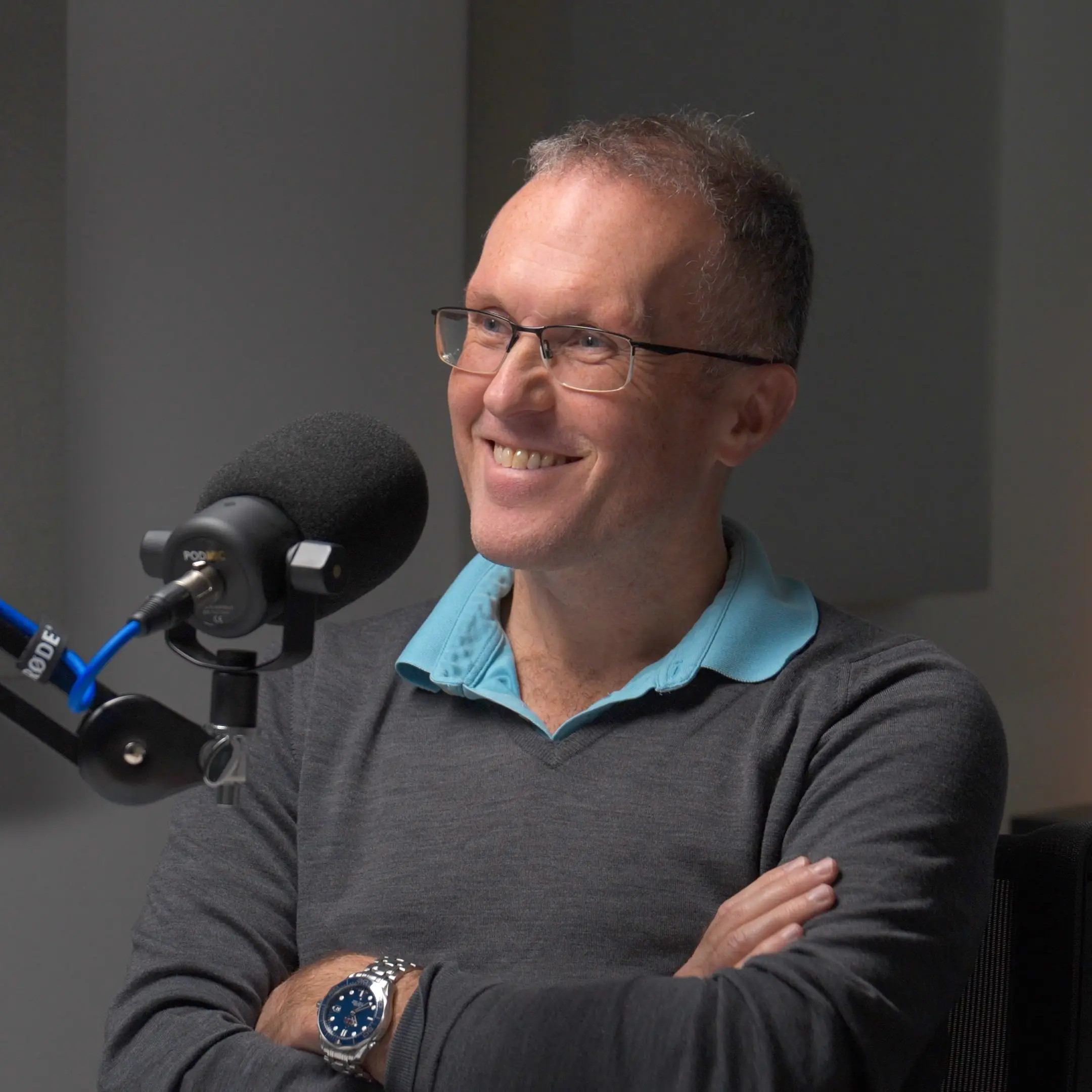The Psychology of Scaling Companies and Teams with Professor Robin Dunbar: Part 2
.png)
.png)

Have you ever wondered what makes a great leader for a large, scaling company?
In part two of our special series, Professor Robin Dunbar returns to explore the essential social skills needed to manage a growing organisation. Robin and host Susannah de Jager explore the psychological boundaries of group size, from the point where a CEO no longer recognises every employee to the limit of knowing 5,000 faces you've seen before. They discuss the challenges for founders who are emotionally attached to their "baby" and how this can impede necessary growth transitions.
The conversation highlights the often-overlooked importance of soft skills in the hiring process, particularly for senior roles. Professor Dunbar challenges the traditional reliance on CVs and short interviews, advocating for a trial period to truly assess if a candidate will fit into the social fabric of the company.
[00:00:01] Susannah de Jager: Welcome to Oxford+. The podcast series for innovators and investors brought to you in partnership with Mishcon de Reya.
This is part two with Professor Robin Dunbar. Today we're going to focus on how we hire, what's really important, and how we can actually identify the skills we need in particular roles, especially those at senior levels where the social fabric and how it is maintained is even more important.
[00:00:26] Robin Dunbar: In many ways, the big transitions is very much, and a lot of people have commented on this.
It's the boundary at which when you walk into the cafeteria, do you still recognise everybody? At that point, you've just gone through a major barrier. If suddenly you don't recognise half the people there, you are now in a completely different organisational world.
[00:00:50] Susannah de Jager: That's a really interesting point because we characterise this in different ways when we talk about it, we might talk about management that are good at a particular phase. We might, if we were referring to ourselves, say, I prefer this kind of organisation and all of that's legitimate. But what we're actually identifying is that we prefer groups that are self-organised or not, or that we are ourselves a product and perhaps grew up in those.
If I were to pull something out from what you just said there, it's actually quite a reassuring message because what I'm not hearing is that the culture that defines a company up to that transition actually has to be lost.
It just needs to be communicated, organised, conveyed, and structured in different ways, and it brings me on to one of my next questions, which was going to be, do you think that leadership that served that first period can themselves be transitioned into the new order? Because so often there's that sort of phrase, whether it's about prime ministers for different phases, but CEOs for different stages.
But do you actually believe that or do you think it could be finessed through more careful management of these transitions?
[00:02:07] Robin Dunbar: I think the answer is yes and no in some sense, as is often the case in real life. There are no absolutes in life or biology. There's no intrinsic reason why the same CEO can't manage all these what essentially demographic transitions.
It depends how flexible they are and I suppose the big difficulty psychologically is for founders who have a very deep commitment to their product, that it prevents them being able to step back and see the bigger picture. Their nose is on the grindstone so hard as it were thatthey won't back off and go, well, it worked fine up to here. Maybe we need some changesto help it stabilise the transition through these growth phases.
They wanted to remain as it was because it was their kind of baby, as it were, and it emotionally means so much to them. I think when you suffer from that problem, then you're likely to have a phase transition that's very erratic and bouncy and uncomfortable probably because essentially you're fighting against the forces of real life.
But those who can step back and say, right, well, there are limits to the number of people that I can know personally and wander around the shop floor as it were and say, good to see a Jim and how's the new baby going? And all that kind of thing.
The knowledge you have of somebody's personal home life details, to being faced by a bunch of completely anonymous people whom you don't even know the names of, and that, I mean, that transition occurs are quite a low phase it's about 1500 people. You can manage to put names to about 1500 faces basically, and that's all, and the kind of upper tiertransition point beyond that is about 5,000 people, which demarcates the number of faces you recognise as having seen before, but you don't know who they all are. So that boundary is the boundary between complete strangers and people that you have some vague recollection having met once. That's quite low. I mean, when you think of a big multinational these days may have 50 or 60,000 people employees scattered all around the world.
So you have to have a different approach and part of that has to be devolving management structures and trusting your kind of middle layer people that they will do the same thing. But it's all about engendering into those kind of intermediate layers, this same sense of commitment and obligation
[00:04:52] Susannah de Jager: And by the way, faith in those people that they are good enough.
[00:04:57] Robin Dunbar: Yes,at the end of the day, to be fair, you know not everybody's going to be good at filling all these roles. There is going to be a natural selection process that has to go on. I guess the answer is people have to have, be allowed to have a shot at running it. But all of us have to be more sanguine and accepting of the fact that once we've had our shot, sometimes it works and sometimes it doesn't. We have to be prepared to accept the fact that it doesn't.
As you go bigger and bigger, there are fewer people who are good at managing it. But it does imply enormous skills and I think a good CEO in a big organisation will often have got there through having spent a lifetime honing the kinds of social skills that allow them to go into a room of complete strangers and appear to know everybody.
If you are in a lift and somebody gets in and recognises who you are. 30 seconds of a smile and a how are you and a response to them is worth a lifetime of commitment. To you, it's nothing. To them, it's everything.
[00:06:06] Susannah de Jager: Again, this falls into the camp of things that one knows and can senses when somebody's excellent at it.
For a CEO I think that people are looking for these qualities, but it always amazes me how these soft skills are vastly underweighted, often in hiring, and that people are looking for a sort of square peg, square hole. We want these, whether they're academic or experientialfoothold so that we can justify hiring this person. But actually what you and I are speaking about is a skillset that might have been evolved in so many different ways.
[00:06:45] Robin Dunbar: Yes, and I think it's compounded by the way we do this. What we do is say, write it all down on the CV and send it in, and then we might do a 20 minutes interview or even a half hour interview. Which is sort of largely based on what you tell us and what we have in mind. We'll slant the questions that way because it's actually difficult for us to really grasp the big picture. So it's easier to kind of go, just ask the same question for everywhere. It's actually the wrong thing to do because you're not allowing them, the individual to express themselves. Which is what you really wantto be able to evaluate.
B
ut I think what this kind of points us to the fact that possibly the interview process and the kind of send a CV in process isn't quite the right way to do it. What you really need is to have a trial period for two months or something like that. It's going to be a very long, drawn out process, but if you really want to get the decision right, you want to know, is this person going to gel in the system well, to really fit in, and do what we expect and keep the organisation itself bubbling quietly along rather than becoming fractious and falling out. And you can't tell that from a cv and a 20 minute interview. It's no good looking at references because everybody knows they're just full of lies. So the only way you can really find out is giving people a trial run for several months to, to see how well they do.
[00:08:13] Susannah de Jager: I think I agree with you. It clearly belies some of the realities of people having to give up other jobs, but funny enough, I disagree with you slightly on one point you just said, which is that I agree on written references, people will never say anything. If you pick up the phone to people, it's amazing what people will say on a phone and actually sometimes it's in the gaps of what they haven't said as well that you can read, huh, that's unexpected and doesn't quite gel with my perspective or what we need, or you know, and you say, what's their worst quality? And they'll politely tell you that actually this person is completely cantankerous and impossible to work with.
[00:08:54] Robin Dunbar: Absolutely a hundred percent agree with you. But this really just goes back to the heart of the matter. In a very busy commercial world, you don't have time to pick up the phone on the, I don't know, 2000 CVs that have been sent in for yourparticular job application. You know, you don't have the time to do it, and of course we've tried to find these sticking plaster solutions like sifting through CVs to get a short list, and then it just interviewing a few people.They probably have better chance of picking somebody appropriate than simply waving a pin at the thing. But you know, the more time you invest in it. The better the decision you're going to come to. It's just can you afford the time?
[00:09:37] Susannah de Jager: I wonder if there's an opportunity for a good AI agent in there. Where you say, I want the AI agent to call people for references that will be verbal. We'll ask questions and then we'll look for pattern recognition in the words they do and don't use in relation to this person, and we'll profile it. That would be rather an amusing test case.
[00:09:56] Robin Dunbar: That is serious fighting talk. Yes, um, I mean, is it not an implausible solution because obviously that then relieves the time pressure of three or four people on a selection committee or that they're involved in the select selection process. What you are always facing, and this is the problem with letters of reference of course, is a bunch of people called lawyers. Is this an insoluble part of being human?
There is never a completely perfect solution. We have to make do with these compromises. And so the question then is, well, how do we get the best out of these compromises? We know it's not going to be completely perfect. It's finding some middle ground that works.
But I'm still much in favor of saying, well actually, we just want to put these people in a situation and see how they get on and that's the real test case.
[00:10:50] Susannah de Jager: Thank you for listening to part two of this interview with Robin Dunbar. If you want to listen now to Part Three, we're going to develop that even further and we're going to look at how organisations can maintain culture with things that they do structurally. So whether it's social fabric, how they think about their HR team and how they use them and having pubs at work. Some of these things that have worked really well historically, and Robin is going to dig into how they work and can optimise through these transitions.
Thanks for listening to this episode of Oxford+, presented by me, Susannah de Jager. If you want to stay up to date with all things Oxford+, please visit our website, oxfordplus.co.uk and sign up for our newsletter so you never miss an update. Oxford+ was made in partnership with Mishcon de Reya and is produced and edited by Story Ninety-Four.


More episodes+

The Multiplier Effect: Funding Companies, Ecosystems, and the Future of the UK
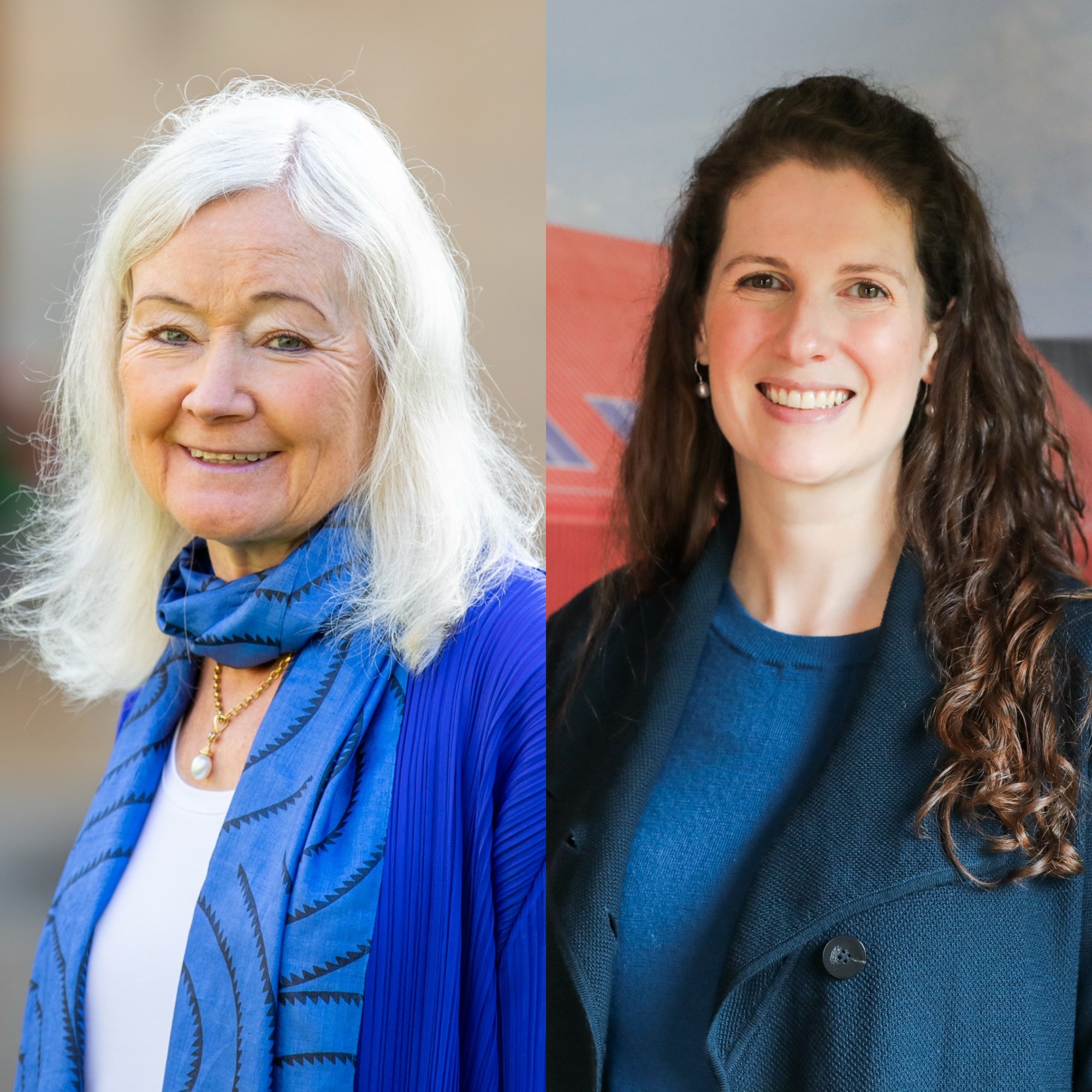
Oxford North: The New Innovation District in Oxford
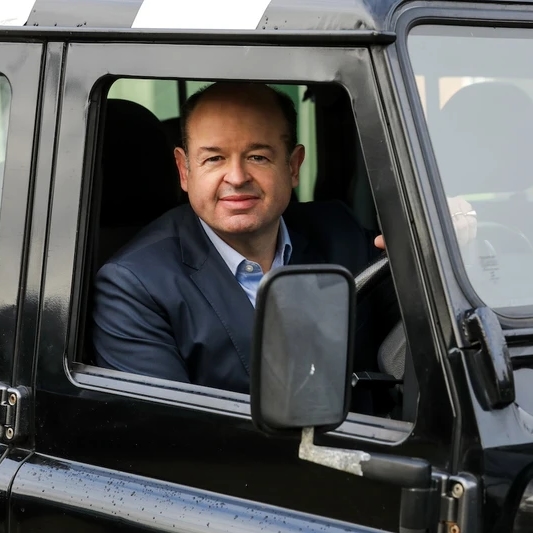
The Cluster Effect: How Bicester Motion is Driving the Future of Mobility

The Psychology of Scaling Companies and Teams with Professor Robin Dunbar: Part 3

The Psychology of Scaling Companies and Teams with Professor Robin Dunbar: Part 1

The Future of Genetic Medicine with Zandy Forbes, CEO of MeiraGTx
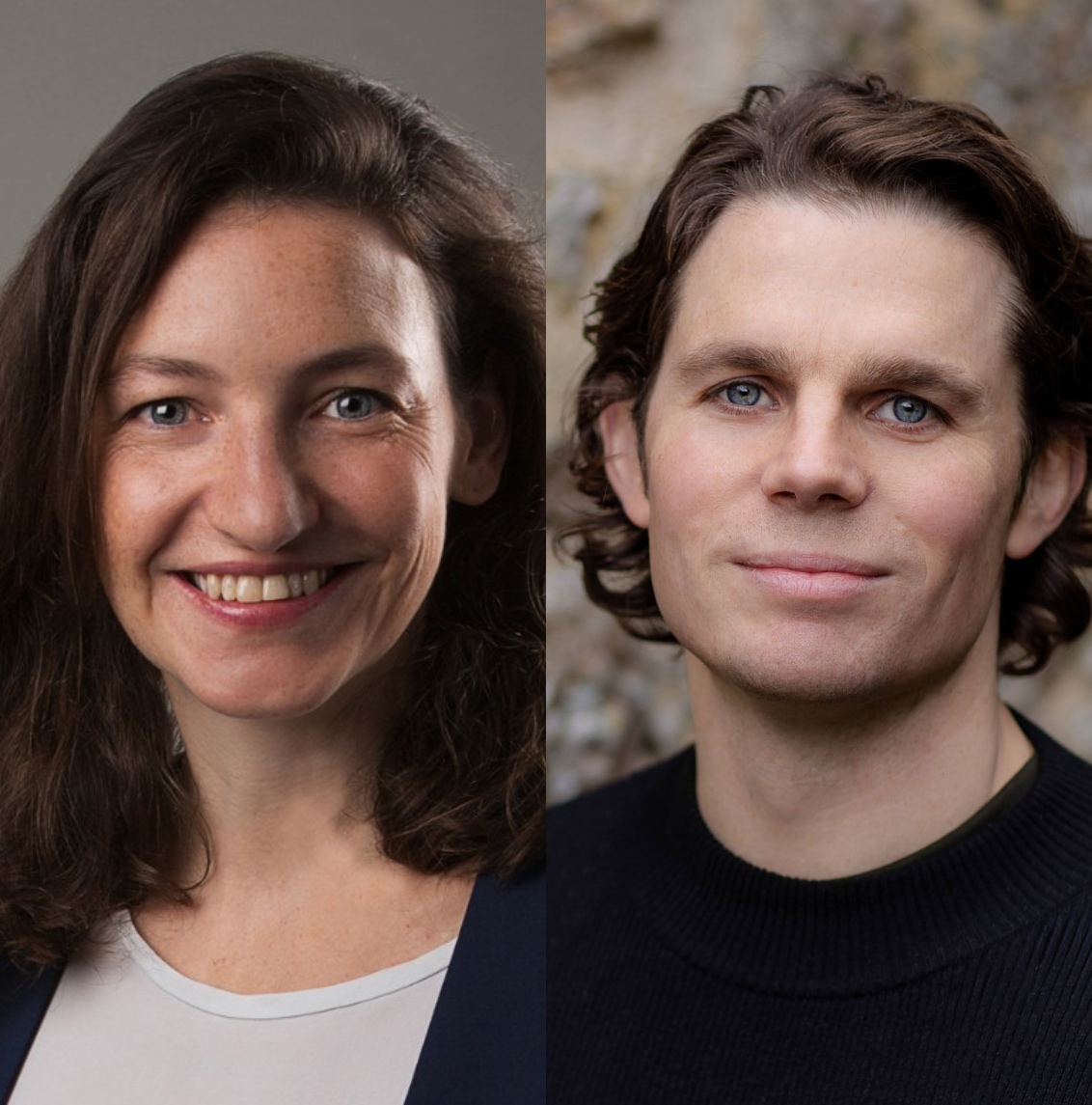
How Founders Pledge Uses Data to Maximise Philanthropic Impact

The Oxford Trust at 40: How Innovation and Education Power Oxford's Future

Can Sirona Rival Ozempic? A New Chapter in Obesity Treatment with Camilla Easter

Aligning Founders and Investors with David Mott

Building Billion-Pound Outcomes with Jack Edmondson

How Machine Learning in Oxford Is Transforming Medicine Worldwide with Lionel Tarassenko

Bringing Science to Society with Molly Stevens

How Oxford University Innovation Bridges Science and Business with Mairi Gibbs
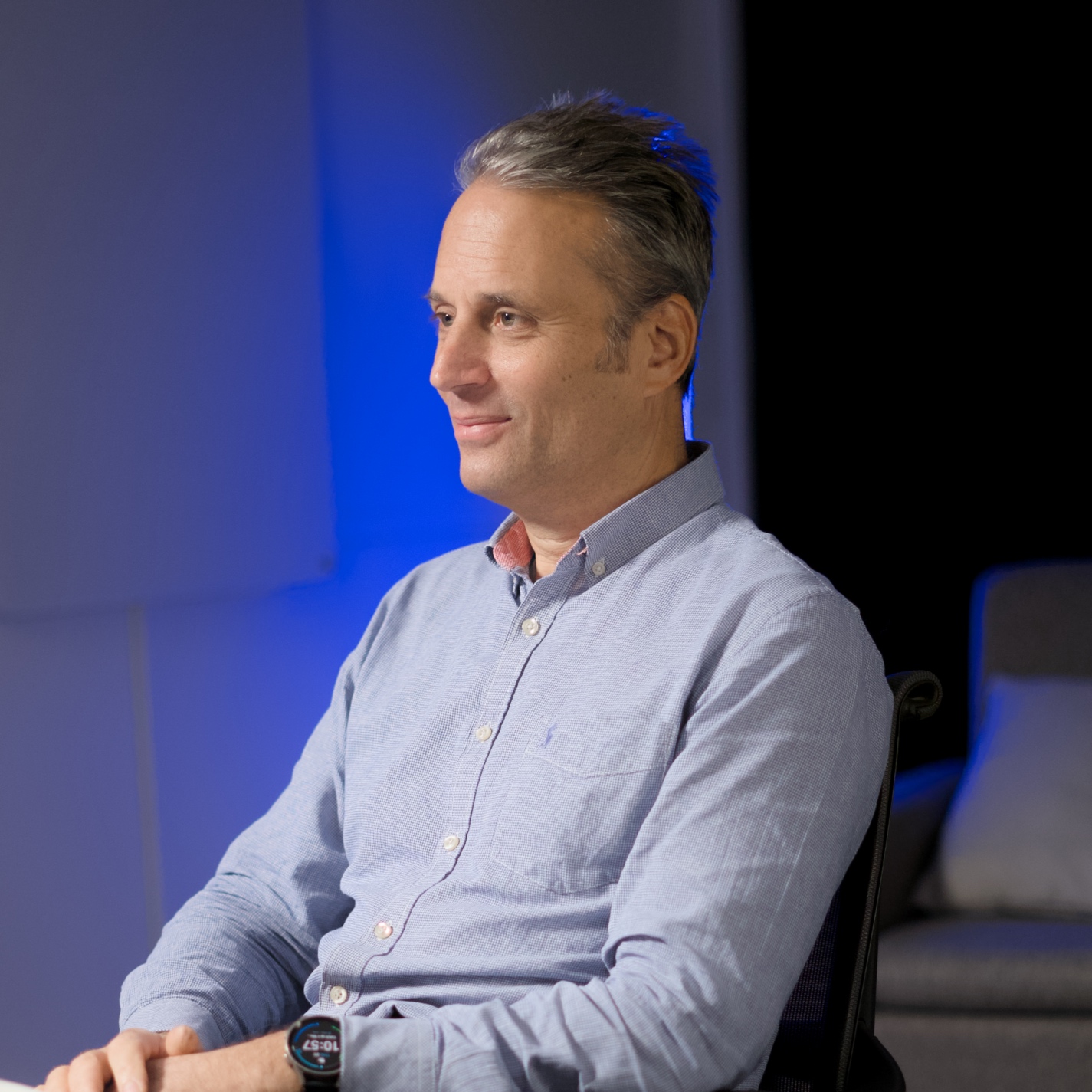
What Formula One Teaches Us About Startups and Success with Adam Parr

Risk and Reward in Early-Stage Tech Investments with George Robinson

Charting Fresh Career Paths with Sue Douglas

From Oxford MBA to Startup CEO with Lily Elsner

Navigating Market Dynamics with Marcus Stuttard

Harnessing Local and Global Talent with Sarah Haywood

Navigating Capital Markets with John Derrick
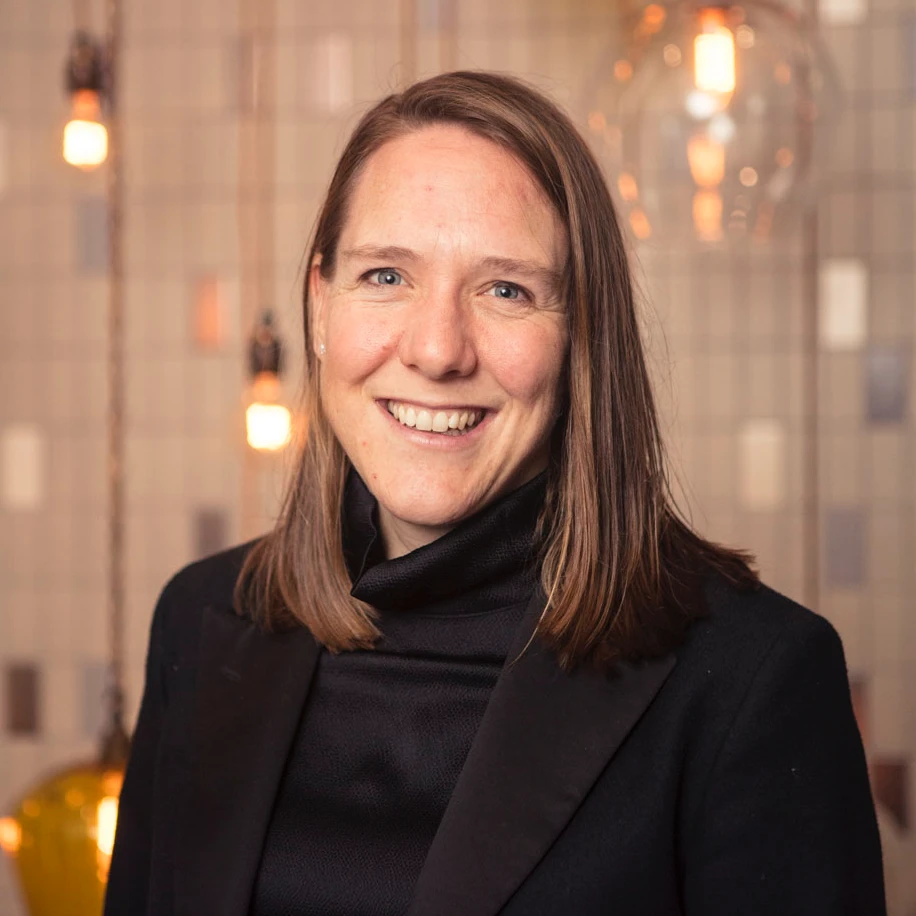
Building Oxford’s Future with Anna Strongman

Breaking the Myths Around University Spin Outs with Irene Tracey

Navigating the Future of Oxford Sciences Enterprises with Ed Bussey

Oxford's Role in the Next Industrial Revolution with Dave Norwood

Diversifying the Investment Ecosystem with Rowan Gardner

Pension Investment and the Mansion House Compact with Nicholas Lyons

Lessons from the Motorsports Cluster with Mark Preston

From Research to Reality with Cici Muldoon

Nurturing Founder-Driven Ventures in Oxford with Peter Crane
